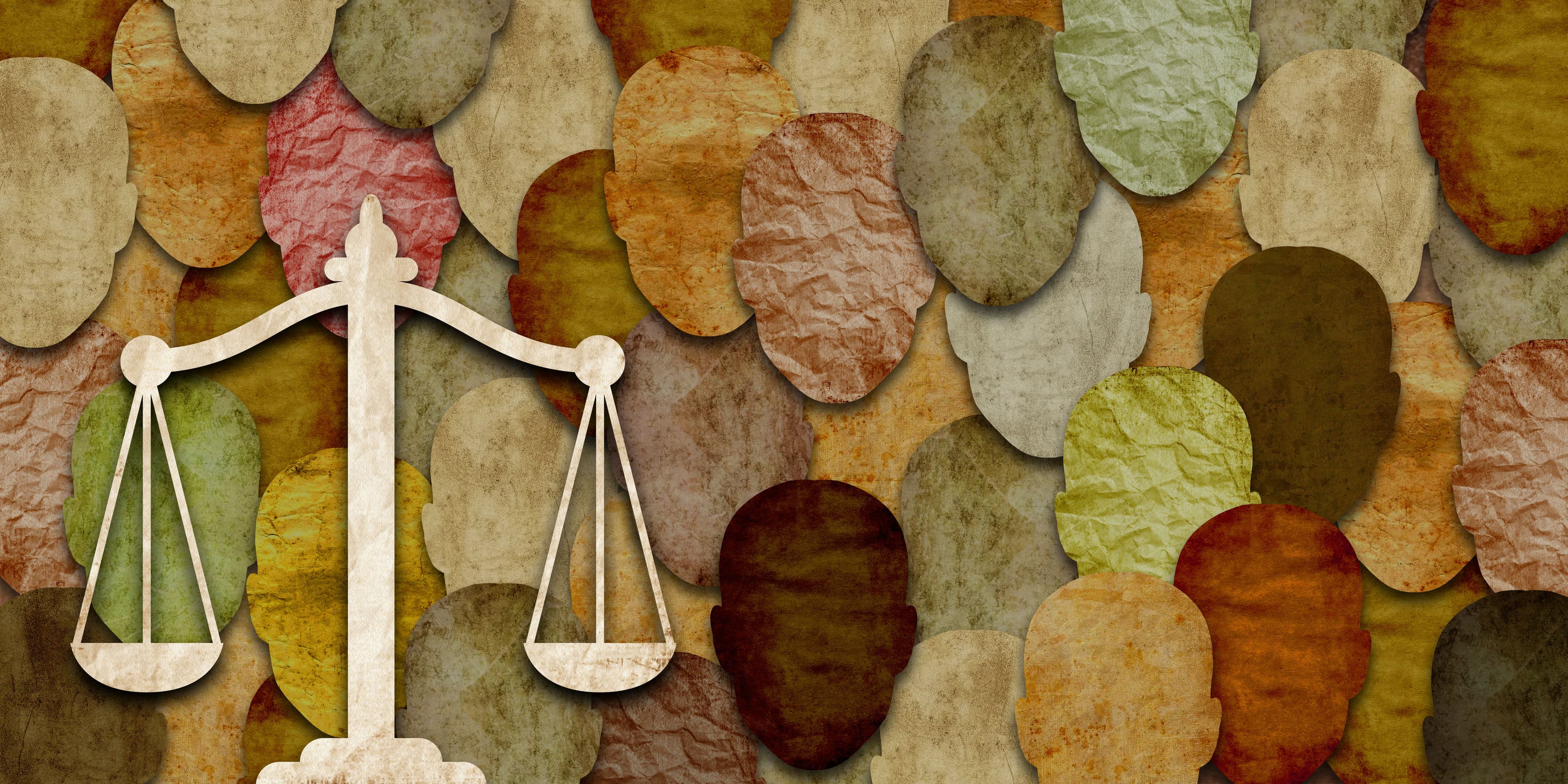The Rise of Racial Profiling in California: How to Protect Yourself and Assert Your Rights
This article explores the problem of racial profiling by law enforcement in California, outlining the signs, the law, and the steps individuals can take if targeted. It also discusses how a civil rights lawyer can help hold agencies accountable for discriminatory practices.

Racial profiling by law enforcement remains a serious problem in California, despite efforts to reform policing and promote fairness. Whether you are driving, walking, or simply living your life, being stopped or questioned by police because of your race or ethnicity is a violation of your civil rights. Understanding what racial profiling looks like, knowing your rights, and taking swift action if you are targeted can help protect you—and hold those responsible accountable.
What Is Racial Profiling?
Racial profiling occurs when law enforcement officers target individuals for stops, searches, questioning, or surveillance based on their race, ethnicity, national origin, or religion, rather than evidence or specific behavior. It is not only unfair—it’s illegal under the U.S. Constitution and California state law.
Common examples include:
- Being pulled over for “driving while Black” or “driving while Latino”
- Pedestrian stops or searches with no probable cause except appearance
- Enhanced scrutiny at airports, bus stations, or border areas
- Unwarranted surveillance or police presence in communities of color
The Law: Your Rights Against Racial Profiling
Both federal and state laws prohibit racial profiling:
- Fourth Amendment (U.S. Constitution): Protects against unreasonable searches and seizures.
- Fourteenth Amendment: Guarantees equal protection under the law.
- California Racial and Identity Profiling Act (RIPA): Requires police to collect and report data on stops and prohibits biased policing.
If you are targeted, you have the right to be free from discrimination and can seek legal remedies.
Warning Signs of Racial Profiling
It can sometimes be difficult to tell if you’ve been profiled, but some red flags include:
- You are stopped or questioned without a clear explanation or reasonable suspicion.
- The officer focuses on your race, ethnicity, language, or accent in questioning.
- Only people of certain backgrounds are being stopped in your area.
- The officer uses racially charged language, jokes, or slurs.
- You are repeatedly targeted for minor or non-existent violations.
If any of these happen to you, document as much as you can.
Steps to Take If You’re a Victim of Racial Profiling
- Stay Calm and Compliant
Do not argue or resist. Keep your hands visible, follow instructions, and try to remain calm—even if the stop feels unfair. - Document the Incident
As soon as possible, write down the officer’s name, badge number, patrol car number, time, location, and exactly what was said and done. Take photos or videos if safe and legal to do so. - Get Witness Statements
If anyone saw what happened, ask for their contact information. - File a Complaint
Every law enforcement agency in California has a complaint process. File a complaint with internal affairs, a civilian review board, or the local police department. Keep a copy for your records. - Consult a Civil Rights Attorney
A lawyer can help you assess your case, file legal claims, and request police data or body camera footage. Your attorney can also protect you from retaliation.
How a Civil Rights Attorney Can Help
Taking on law enforcement agencies can be intimidating, but you don’t have to do it alone. An experienced civil rights attorney can:
- Investigate your case and gather evidence, including stop data and body camera footage
- File lawsuits for damages and demand policy changes
- Work with advocacy organizations to bring public attention to your case
- Represent you in negotiations, hearings, or court
Many attorneys take civil rights cases on a contingency fee basis—meaning you pay nothing unless you win.
The Impact of Racial Profiling
Racial profiling not only hurts individuals but undermines trust in law enforcement across entire communities. It can lead to wrongful arrests, emotional trauma, and lifelong consequences. Challenging discriminatory policing helps protect everyone’s rights and encourages fair, accountable policing for all Californians.
Frequently Asked Questions
Is it legal to record police during a stop in California?
Yes. You have the right to record police officers in public as long as you don’t interfere with their duties.
What evidence helps prove racial profiling?
Documentation, video/audio recordings, witness statements, patterns of similar stops, and official police data.
Can I be retaliated against for complaining?
Retaliation is illegal. If it happens, notify your attorney immediately.
Mais de $150 Milhões em Compensação para Clientes